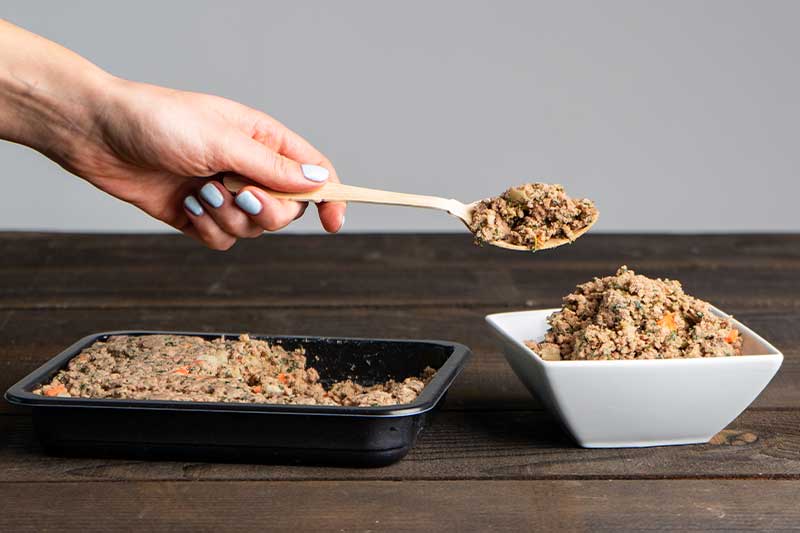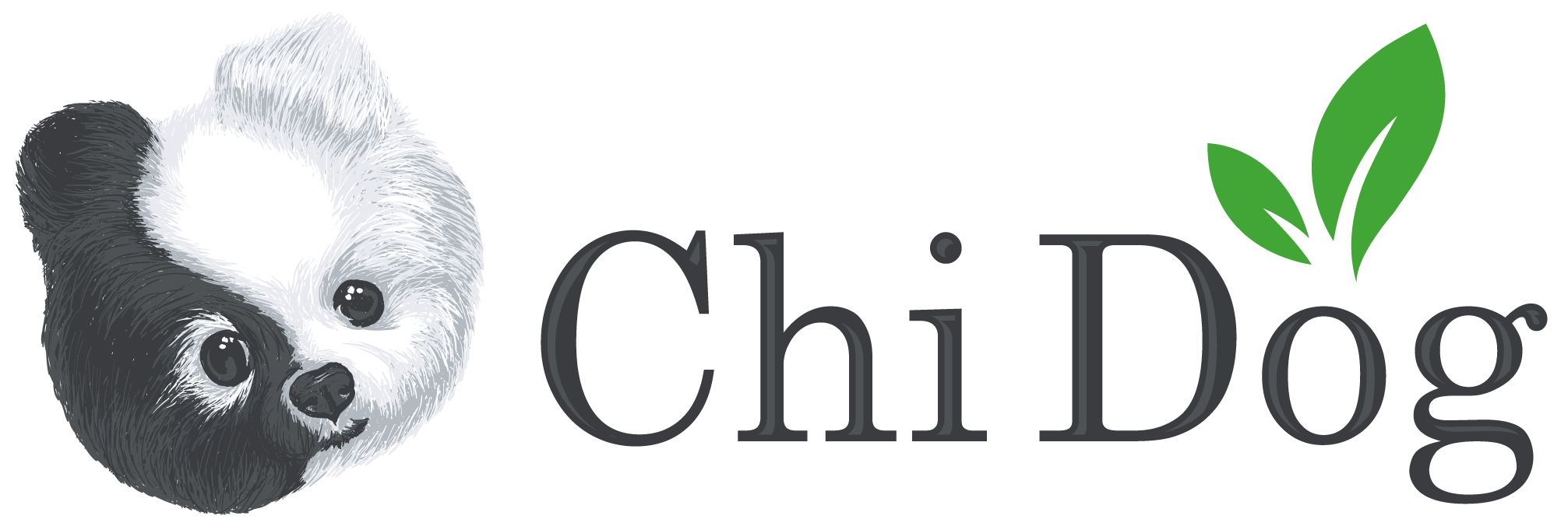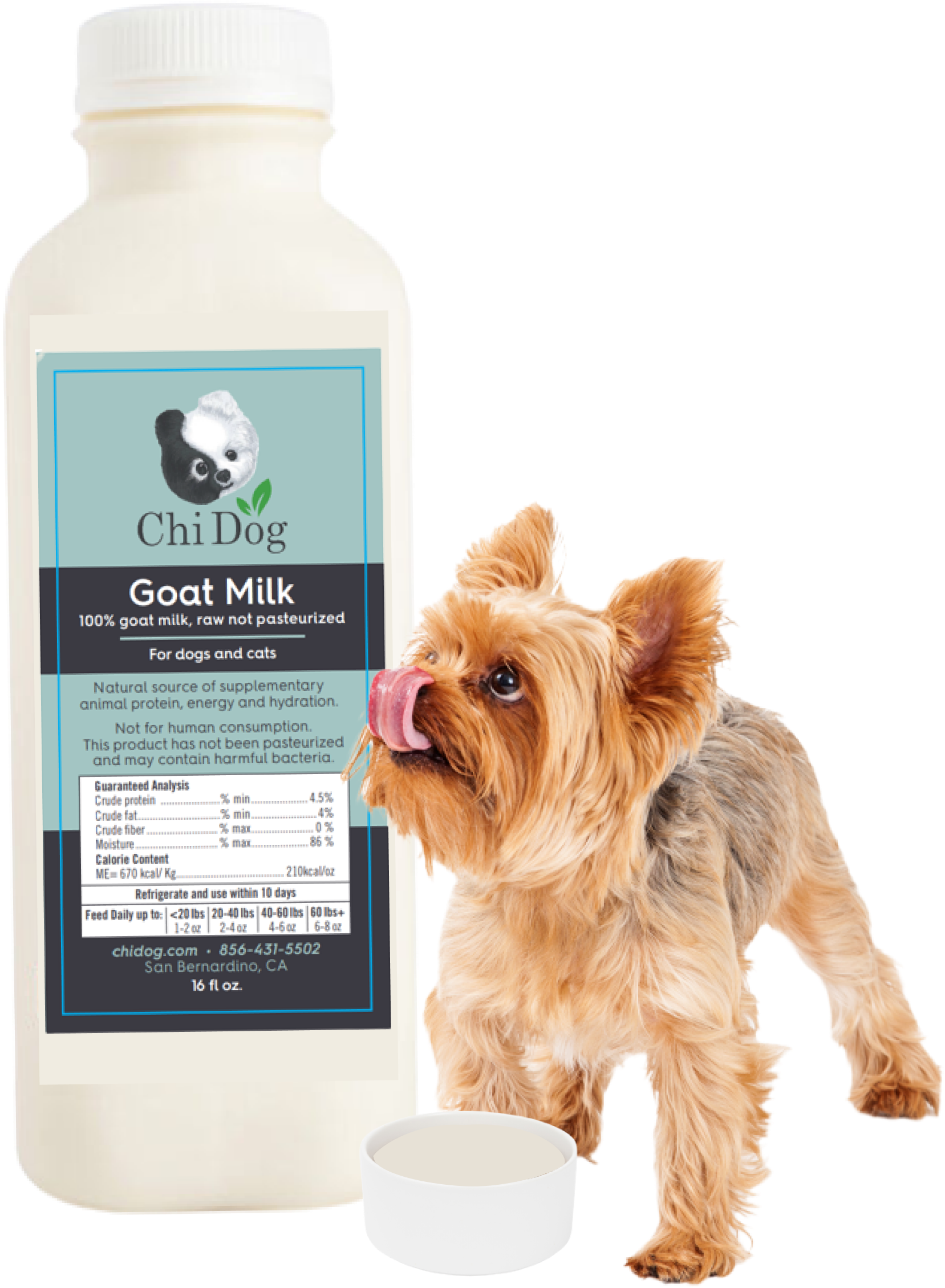What is the Best Diet For a Dog With Pancreatitis?

Every pet parent's utmost concern is the health and wellness of their furry friend. When it comes to managing conditions like pancreatitis, there is often confusion and anxiety around what to feed a dog with pancreatitis.
This article aims to ease those concerns and provide insight into the role of diet in managing pancreatitis in dogs. Drawing from both Western and Eastern medicinal perspectives, we will explore the best diet for a dog with pancreatitis, highlighting the importance of a dog pancreatitis diet in promoting recovery and preventing further episodes.

A Brief Overview of Pancreatitis in Dogs
In determining the best diet for a dog with pancreatitis it is important to look at the causes of pancreatitis. Western medicine has a few risk factors but no primary cause has been found. Traditional Chinese medicine places the cause of pancreatitis in dogs on diet and emotional upset and makes specific recommendations for a pancreatitis diet for dogs.
Western Med perspective on pancreatitis:
The pancreas releases enzymes to assist in digestion as well as hormones such as insulin to regulate blood sugar. These digestive enzymes release into small intestines and begin to assist in digesting food.
Pancreatitis is defined as inflammation of the pancreas caused by the normal pancreatic enzymes becoming active prematurely in the pancreas rather than waiting until the enzymes reach the small intestines. The result is pain and inflammation in and around the pancreas which often irritates the liver, gall bladder and small intestines as well. The exact cause of this abnormal function is unknown in Western Med but fatty foods, corticosteroid administration are suspected but many cases appear to be spontaneous.
The best diet for a dog with pancreatitis based on Western Med is a diet that is low fat and to avoid steroid administration if possible.
Traditional Chinese Med perspective on pancreatitis:
Traditional Chinese Medicine recognizes the pancreas, (also referred to as the spleen in classical texts) as the organ responsible for descending food downward and transforming it to food energy of Gu Qi. Pancreatitis occurs when there is obstruction of the Qi, Blood or Fluid in the middle abdomen, (called the middle burner).
What causes this Qi obstruction which can present as pancreatitis?
- Overeating
- Inappropriate foods that are too “Warm” or “Damp”
- Processed, pro-inflammatory foods such as kibble and canned are warming to the body
- Damp foods are fatty foods and dairy
- Prolonged emotional upset- obstructs the Liver Qi flow. The Liver aids the Stomach and Spleen/ pancreas in transforming and transporting, (aka digesting) food and Qi. Liver Qi obstruction causes pain and rebellious stomach Qi or vomiting.
The best diet for a dog with pancreatitis based on Traditional Chinese Med is one that is made of real food, not processed pro-inflammatory dry or canned food.
All processed dog food, even prescription food, puts Heat, (or inflammation) into the body. Therefore Chinese Med recommends a whole food diet, made of foods that are naturally cooling to the body and to avoid Damp, (aka high fat and dairy foods).
It is important to also look at a dog’s emotions as stress and worry can play a big part in pancreatitis for some dogs. While there is no specific dog pancreatitis diet for emotional upset, Chinese Med sees an increase in emotional upset with processed (heat engendering) foods and a decrease in emotional upset with a cooling whole food diet. We recommend a whole food pancreatitis diet for dogs with pancreatitis triggered by emotional upset as well as regular exercise.
Symptoms
The most common clinical signs of pancreatitis are vomiting, poor appetite, lethargy and diarrhea.
Pancreatitis Treatment
Anti-nausea medications, fluids to rehydrate and pain control are most important in an acute bout of pancreatitis. Antibiotics may be administered if concurrent infection is suspected.
Can a Dog Pancreatitis Diet Help? Yes!
For long term management and prevention both western and eastern medicine focus on diet for dogs with pancreatitis and both recommend a low fat diet.
To feed a naturally low fat diet with whole foods, Traditional chinese food therapy also focuses on avoiding processed foods which are pro-inflammatory and feeding naturally lean cooked whole foods.
Chi Dog’s Fire Diet, (turkey based) is our Cooling, anti-inflammatory diet that is recommended for pancreatitis.
How Certain Foods Can Exacerbate or Alleviate Pancreatitis
Western Med Dog Pancreatitis Diet:
Western Med says the ideal diet for a dog with pancreatitis is unknown but a low fat diet is generally recommended. What is unclear is:
- Is it a case of the “lower the fat the better”?
- What does a pet parent do when their dog won’t eat the prescribed low fat diet?
- Can a pet parent home cook a homemade diet for a dog with pancreatitis?
In practice I have found getting a dog to eat a prescription processed food is a challenge, (aka dogs don’t like it). And when I was in general practice as a western trained vet, recurring bouts of chronic pancreatitis was a huge problem even when dogs would eat the processed food.
As we are becoming more aware of the harm caused by pro-inflammatory foods in our own bodies, it makes sense that processed prescription food is not the best dog pancreatitis diet.
Eastern Med Food Therapy based Dog Pancreatitis Diet:
Pancreatitis in Eastern Medicine is described as “an obstruction of Qi, Fluid or Blood leading Rebellious Stomach Qi”. This translates to a painful abdomen often accompanied by vomiting and poor appetite.
The causes of pancreatitis are:
- Poor diet quality: processed, pro-inflammatory food
- Emotional upset: worry/ frustration
- Overeating
So, Should Your Pet Go On a Dog Pancreatitis Diet?
I found much more success in reducing recurring pancreatitis bouts and helping dogs eat and recover from active pancreatitis when I treated with cooked, real food meals rather than ultra processed, poor quality diets such as prescription dry/ canned dog food.
You can formulate a whole food homemade diet for dogs with pancreatitis by using a lean meat such as chicken, egg or turkey + a small amount of a gentle carbohydrate + small amount of cooked vegetables.

What is the Best Diet For a Dog With Pancreatitis?
In General, Here is What Food Therapy says to Feed a Dog With Pancreatitis…
- Real, whole food meals- cooked because it is more gentle than raw.
- Small, frequent meals
- Use naturally low fat proteins such as chicken, egg or turkey.
For the Best Diet For a Dog With Pancreatitis, Look No Further Than Chi Dog
Explore all our holistic food therapy dog food if you'd like, but there is one diet that stands out for treating dog's with pancreatitis.
The Fire Diet Explained:
Chi Dog’s Fire Diet, (turkey) is an anti-inflammatory, (aka cooling) diet crafted to protect against inflammation and cool the body. Turkey is not only cooling and calming in the body but it is also a naturally lean meat which is ideal for a pancreatitis diet for dogs.
Implementing a Pancreatitis Diet For Dogs: Our Advice on Making the Transition
In general it is recommended to slowly transition a dog onto a new diet. When you are transitioning to a pancreatitis diet for dogs you may be able to follow this general rule but if your dog is not eating their old food you may not be able to do a slow transition.
If your dog is eating their old food I recommend not to mix the 2 diets but put them side by side to see what your dog likes. Sometimes we forget to ask the dog what they like when deciding what is the right diet for a dog with pancreatitis.
How to Monitor Your Dog's Response to the New Diet
Sometimes we forget the first principle: Do they like the food?
Dogs should love to eat their food, every day - that is a sign of health. One of the most common issues with pancreatitis is poor appetite so if your dog loves his new diet, whether it is a homemade diet for pancreatitis or a balanced gently cooked diet such as Chi Dog Fire Diet, if your dog’s appetite is better that is a sign of improvement.
The second thing to look for is a resolution in vomiting, abdominal pain and diarrhea.
***one note on vomiting:
If your dog vomits bile (yellow fluid +/- saliva) especially in the early morning, this often indicates they are very hungry not necessarily that the diet is not right for them. Some dogs get nauseous when they are very hungry and will vomit the bile that is irritating their empty stomach.
Feed frequent small meals with a night time snack and a quick snack as soon as they wake in the morning so they do not start to feel nauseous on an empty stomach.

Managing the Condition Beyond Following the Best Diet For Dog With Pancreatitis: What Else Can You Do?
Prioritize Regular Exercise
Daily walks are an important part of maintaining good health/ smooth Qi flow in the body. If your dog is able to walk regularly, keep this as part of their healthy daily routine.
Consider Medication Through Your Vet
If you dog is not eating or is vomiting frequently it is definitely worth a trip to your veterinarian for an exam and anti-nausea medications while you continue to work on the right food.
Knowing What to Feed Dog With Pancreatitis, Get Them the Diet They Deserve Today!
Managing pancreatitis in your furry companion can be a challenging journey, but remember, you are not alone in this. A healthy diet for dog with pancreatitis can make a significant difference in their well-being and quality of life.
From understanding what triggers an episode to knowing what to feed a dog with pancreatitis, every step you take contributes to their better health.
Your dog deserves a diet that aids their healing process and promotes their overall health. Embrace the challenge today and make the necessary dietary changes for your dog's pancreatitis diet.
With the right diet, love, and care, your dog can lead a happy, active life despite pancreatitis. Stay connected with us as we continue to provide information and resources to support you on this journey.
_________________________________________________________________________
About the author
Dr. Susan Bohrer has been a practicing veterinarian for 15 years teaching home cooking techniques to clients. Dr. Bohrer is Certified in Traditional Chinese Veterinary Medicine’s Herbal Therapy, Acupuncture and Food Therapy.
Download PDF here



